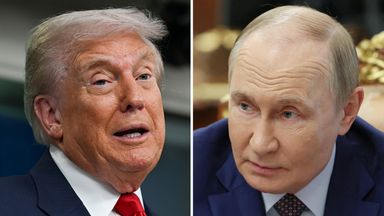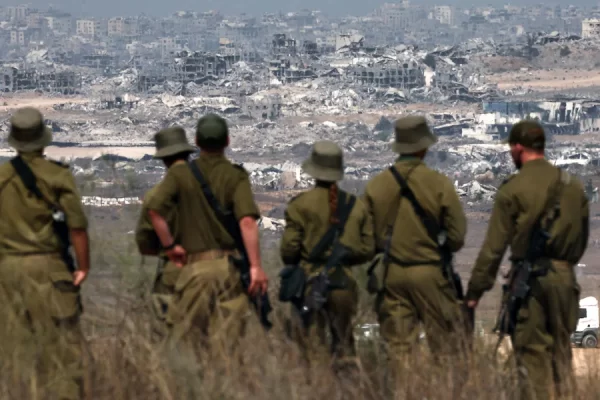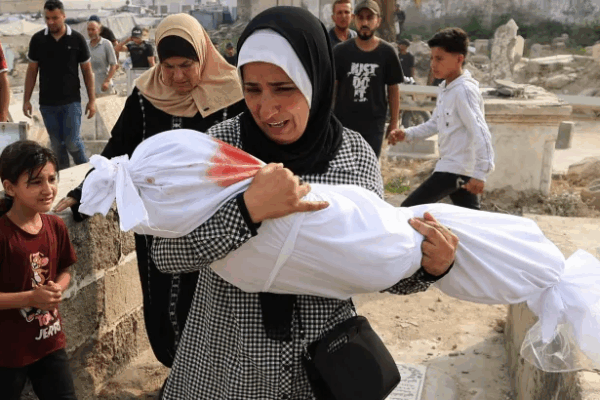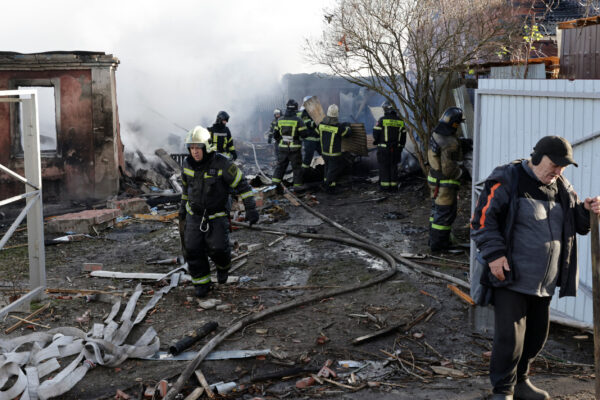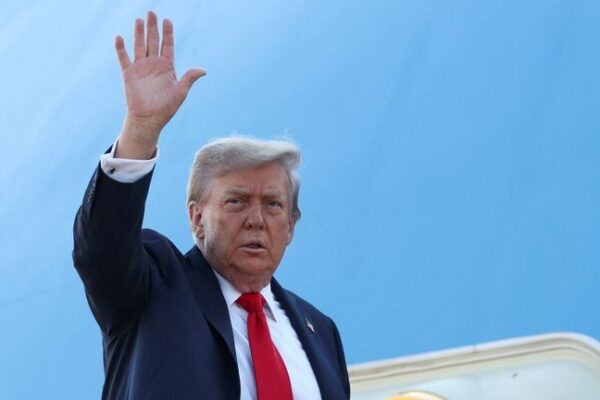
Trump: No Business With Putin Until War Settled Zelenskyy Says Ukraine Is Counting on US
As President Donald Trump heads to Alaska for a high-stakes summit with Russian President Vladimir Putin, he underscored that no business dealings between the U.S. and Russia will take place until the war in Ukraine is “settled”—a clear signal of linkage between economic engagement and progress on peace. On board Air Force One, Trump conveyed his hope that the Alaska meeting could pave the way for broader diplomacy, with potential follow-up talks involving Ukrainian President Volodymyr Zelenskyy. “I’m not here to negotiate for Ukraine, I’m here to get them at a table,” he stated, emphasizing that any territorial discussions must be decided by Kyiv. President Zelenskyy—excluded from the summit—stressed Ukraine’s reliance on American leadership. He called for genuine engagement that leads to a “just peace” and urged inclusion in future negotiations, asserting that without Ukraine’s input, any decision would be meaningless. The meeting takes place against a backdrop of rising tensions and persistent skepticism. Trump’s linkage of business engagement to conflict resolution reflects his approach, while critics remain wary that sidelining Ukraine undermines both the peace process and Ukraine’s sovereignty.


